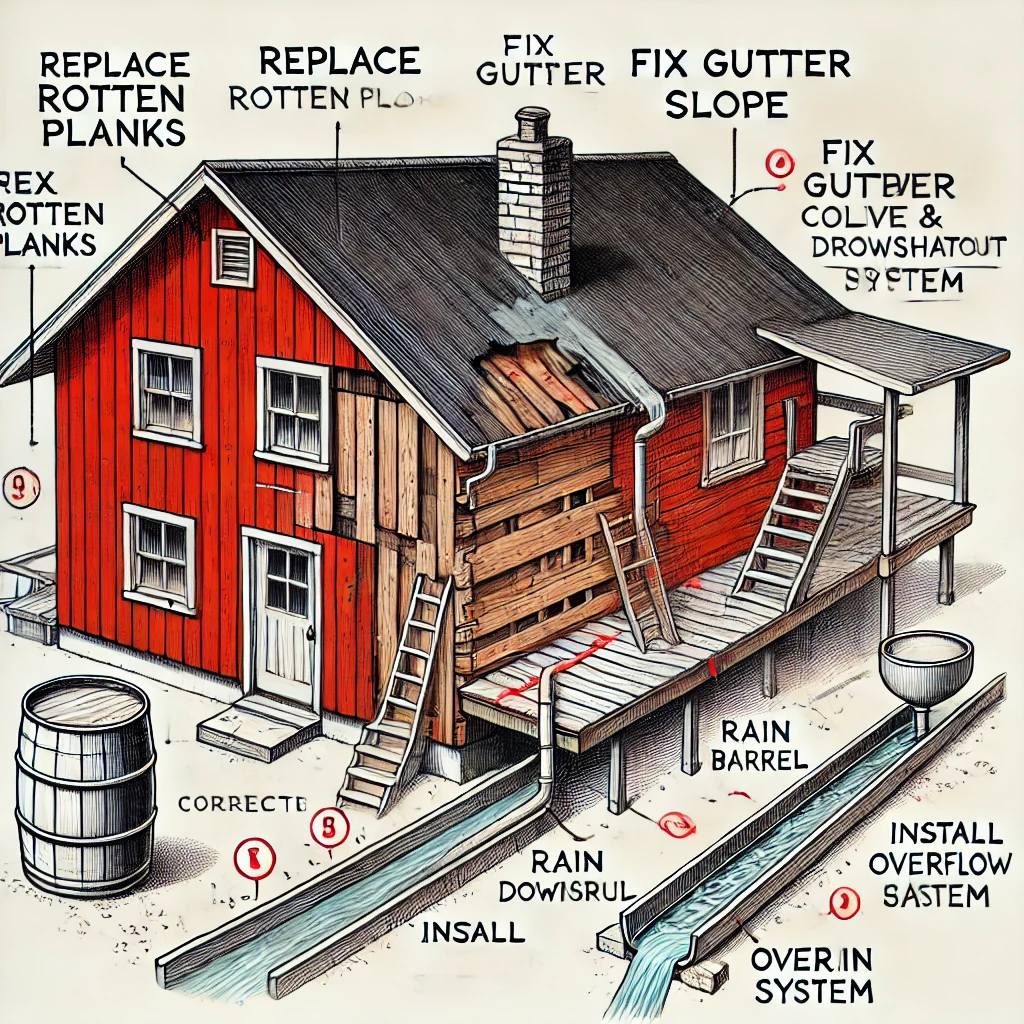
5 Ways the Construction Industry can Decarbonize
by bernt & torsten
As one of the largest producers of greenhouse gases on the planet, the construction industry needs to be ready to make significant efforts to reduce its carbon emissions and join the journey to Net Zero. This article outlines some of the approaches the construction industry can take to reduce their waste, consume less energy, and emit fewer harmful gases into the atmosphere.
Smart Materials
The construction industry is one of the highest global carbon producers, and there is growing pressure for it to decarbonize quickly. At present, the construction industry accounts for around 40% of global carbon emissions, but there are initiatives to change that, like smart materials.
Smart materials like the K-Brick are helping to make the construction industry more sustainable. The K-Brick is made from recycled construction materials and does not need to be clay-fired; this reduces waste in the industry and reduces carbon emissions by eliminating fossil fuels.
Zero Waste
The construction industry must also focus on zero waste to support Net Zero efforts. As you might imagine are, tons of raw materials wasted in the industry every day, causing carbon emissions and inefficiencies, but these materials can be reused to support Net Zero processes.
Some construction companies are dealing with the problem of waste on-site; if they can make their construction site a zero waste area using crane hire; it means they are part of the circular sector working towards carbon neutrality. Recycling can also improve their bottom line.
Fuel Sources
The construction industry is a major carbon producer, which means it is a major energy consumer; in order to decarbonize the sector, companies need to make the switch to carbon-neutral energy sources. There are several renewable fuel sources to choose from.
As well as renewable energy in the form of wind and wave power, the construction sector can also use biofuels and alternative heating sources. Additionally, the construction industry can adopt carbon-neutral practices like avoiding the use of energy and using it more efficiently.
Circular Sector
The concept of the circular economy is well-known; it describes a system that sits in contrast to the linear economy. The linear economy focuses on production, usage, and waste, but the circular economy cares about reusing materials and upcycling to avoid the production of waste.
The circular sector takes the circular economy one step narrower and focuses on the sector instead of the overall economy. The circular sector is used in the construction industry to reduce waste production and create a more sustainable industry in an effort to decarbonize the sector.
B Corp Certificate
At present, there is no governmental accountability for decarbonization ins the construction sector, but that doesn’t mean companies can’t be accountable. Joining B Corp and obtaining certification means you can measure your Net Zero efforts and promote efforts to customers.
In order to gain B Corp certification and reach a suitable standard of decarbonization, you will have to demonstrate that you have high social and environmental standards, you have made a legal commitment, and you practice transparency when it comes to publishing industry figures.

Tech Disillusionment
For four decades, I have worked in the tech industry. I started in the 1980s when computing...

A Poem: The Consultant's Message
On a Friday, cold and gray,
The message came, sharp as steel,
Not from those we...

Using AI to Plan Wall Repair and Gutter Installation
In this article, I will share my experience using AI to plan the work required to fix a wall...